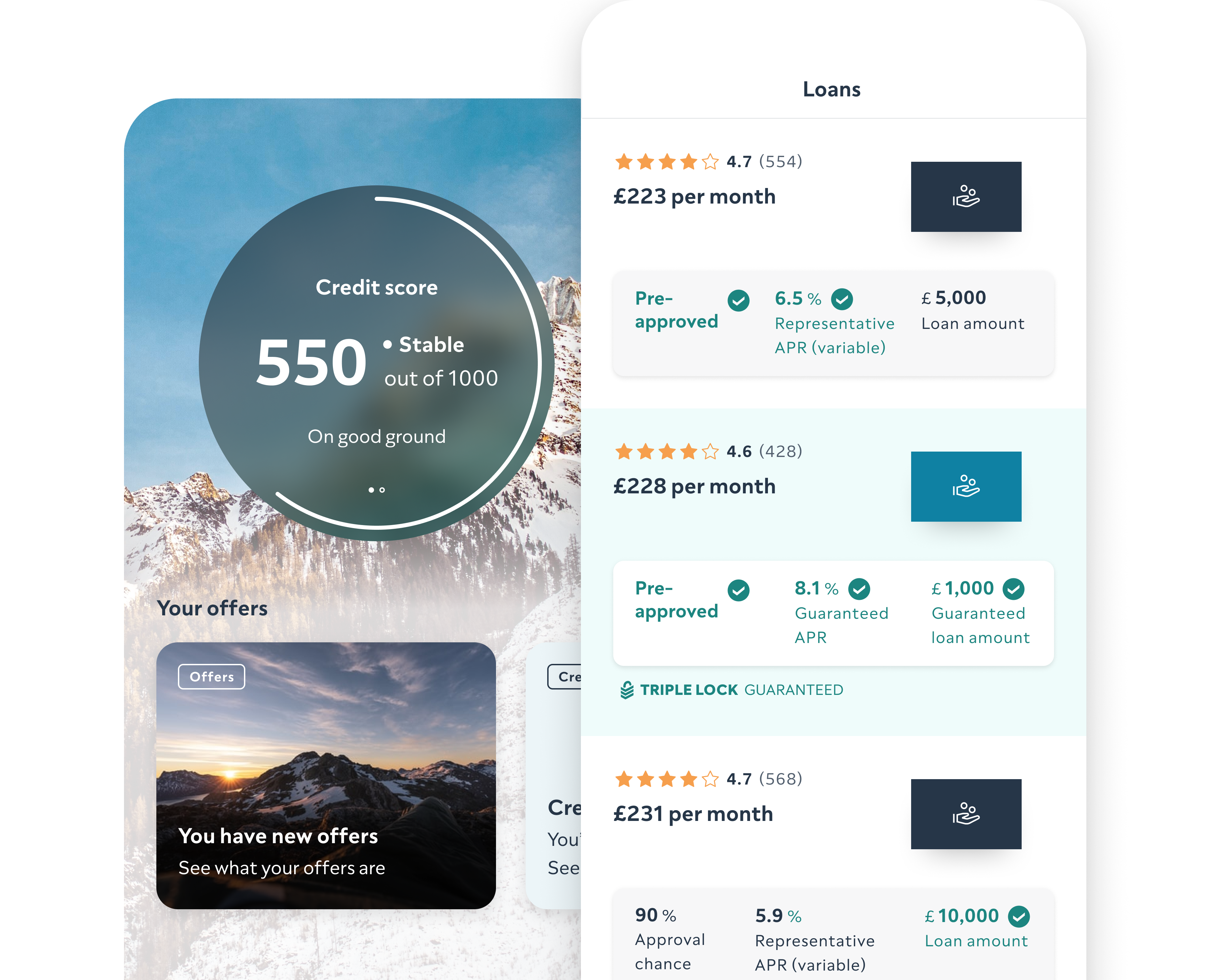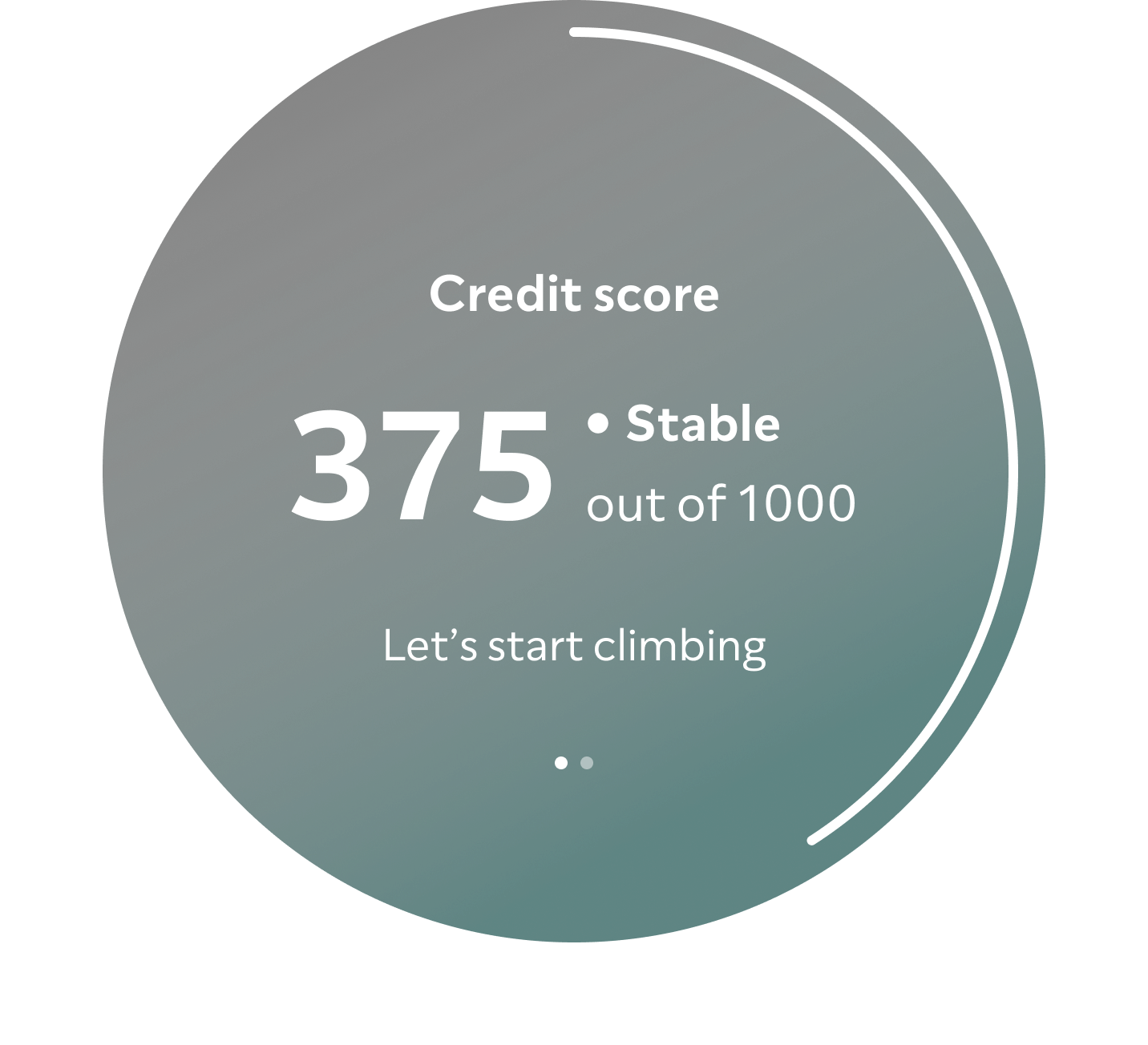Home equity loans
A home equity loan is a type of secured loan that allows you to borrow money against the equity you've built up in your home. The loan is secured by the home, and the lender will use the home as collateral if you're unable to repay the loan.









